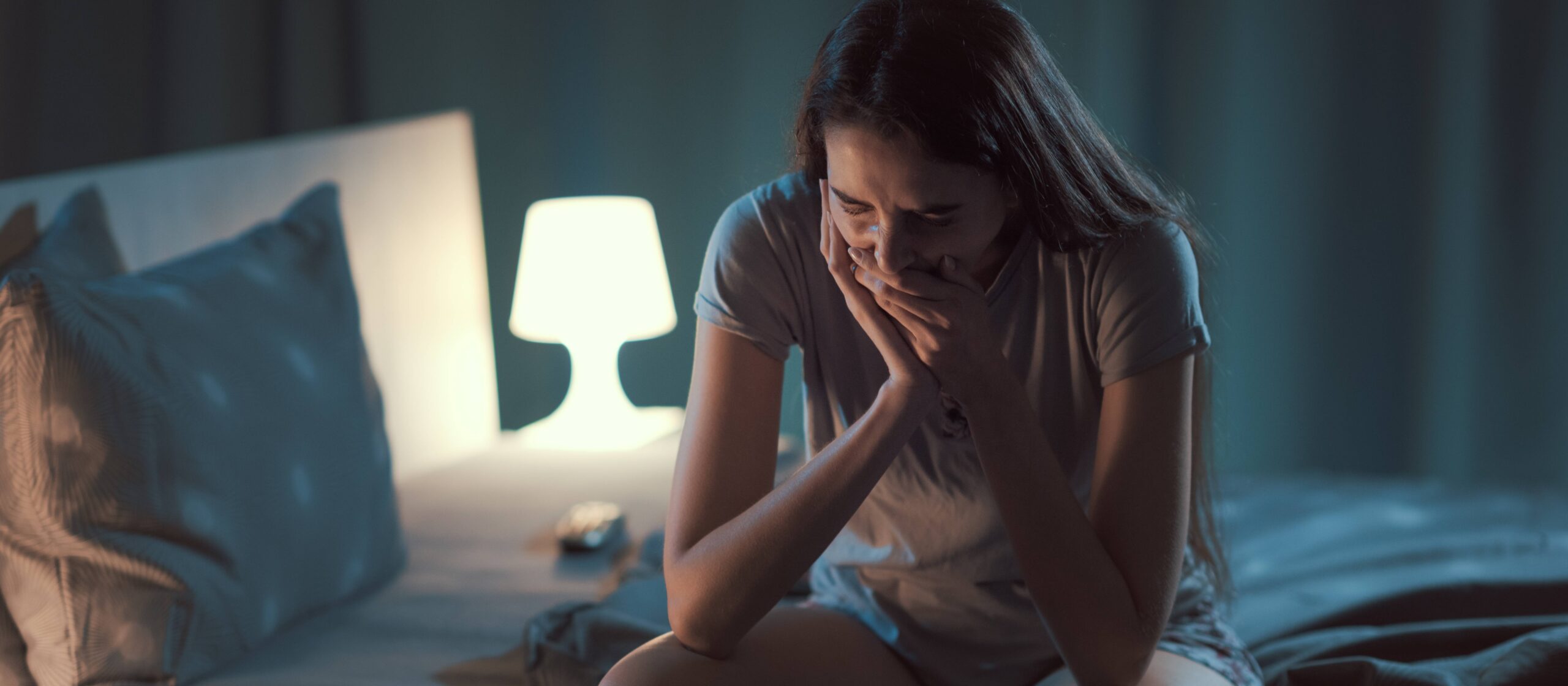
The Effects of Holiday Indulgences on Sleep – Alcohol, Sugar, and Caffeine
The holidays are filled with joy, celebrations, and, of course, indulgences. From festive cocktails to sugary treats and extra cups of coffee, it’s easy to overdo it during the most wonderful time of the year. But have you ever noticed that after indulging in holiday favorites, you might not sleep as well as usual? It turns out that alcohol, sugar, and caffeine—three common holiday indulgences—can significantly impact your sleep quality. If you’re finding yourself tossing and turning or waking up feeling groggy after a night of holiday revelry, you’re not alone. Here’s a breakdown of how these holiday staples can affect your sleep and what you can do to keep your rest on track.
1. The Impact of Alcohol on Sleep
It’s tempting to enjoy a glass (or two) of wine while celebrating with friends and family, but alcohol can have a surprisingly negative impact on your sleep. While alcohol might help you fall asleep faster, it can actually disrupt your sleep cycle. Alcohol is a sedative, so it initially helps to relax the body, but as it metabolizes, it can interfere with the later stages of sleep, particularly REM sleep. REM sleep is the stage where your body restores itself, consolidates memories, and processes emotions. If alcohol prevents you from entering this restorative sleep phase, you might wake up feeling more tired and less refreshed.
In addition to disrupting your sleep cycle, alcohol can also lead to frequent nighttime awakenings. After the initial sedative effect wears off, it can cause your body to become more restless, leading to a night of fragmented sleep. To mitigate this, try to limit your alcohol intake, especially in the hours leading up to bedtime. If you do indulge, make sure to drink water alongside it to stay hydrated.
2. Sugar: The Sweet Sleep Stealer
Sugar is everywhere during the holidays—from gingerbread cookies to holiday pies and candy canes. While indulging in these treats is part of the festive fun, sugar can have a significant effect on your sleep. Consuming large amounts of sugar, especially late in the day, can lead to a spike in your blood sugar levels, followed by a rapid crash. This fluctuation can interfere with your ability to fall asleep and stay asleep.
High sugar intake has also been linked to higher levels of cortisol, the stress hormone, which can keep you awake and anxious. A sugar overload might make you feel temporarily energized, but that burst of energy often leaves you feeling jittery or restless once it wears off. To prevent sugar from sabotaging your sleep, try to avoid consuming sugary foods or drinks in the evening, and opt for lighter, more balanced snacks if you’re feeling hungry before bed.
3. Caffeine: The Energy Boost that Won't Let You Sleep
Caffeine is a staple during the holidays, whether it’s your morning cup of coffee, an afternoon latte, or that extra energy boost needed to get through holiday shopping. While caffeine is great for keeping you alert and energized, it can also significantly affect your sleep, especially if consumed too late in the day.
Caffeine is a stimulant, and its effects can last for hours, depending on your metabolism. It blocks the action of adenosine, a neurotransmitter that promotes sleep, which can delay the onset of sleep or make it harder to stay asleep throughout the night. For some people, even a cup of coffee in the late afternoon can lead to restless sleep later on. If you’re sensitive to caffeine, try to limit your intake to the morning and opt for decaffeinated beverages in the afternoon or evening.
4. Balancing Indulgence with Better Sleep Habits
So, how can you enjoy your holiday favorites while still getting quality sleep? Moderation is key. Try to keep your indulgences in check and avoid consuming alcohol, sugar, and caffeine close to bedtime. It’s also important to maintain a consistent sleep routine, even during the holiday season. Going to bed and waking up at the same time every day helps regulate your internal clock, which can make it easier to fall asleep and stay asleep, despite holiday indulgences.
Additionally, make sure you’re creating a sleep-friendly environment—keep your bedroom cool, dark, and quiet, and limit screen time before bed. Practicing relaxation techniques, such as deep breathing or reading, can also help counteract the stimulating effects of alcohol, sugar, and caffeine.
Moderation is your partner this holiday season
While holiday indulgences are part of the festive fun, it’s important to be mindful of how alcohol, sugar, and caffeine can affect your sleep quality. By making small adjustments and being mindful of your intake, you can still enjoy all the holiday treats without sacrificing your rest. After all, the holidays are about feeling your best and enjoying every moment—so prioritize your sleep and wake up ready to embrace the season’s celebrations!
If you are struggling with quality sleep, we are here to help! Schedule your consultation today.
